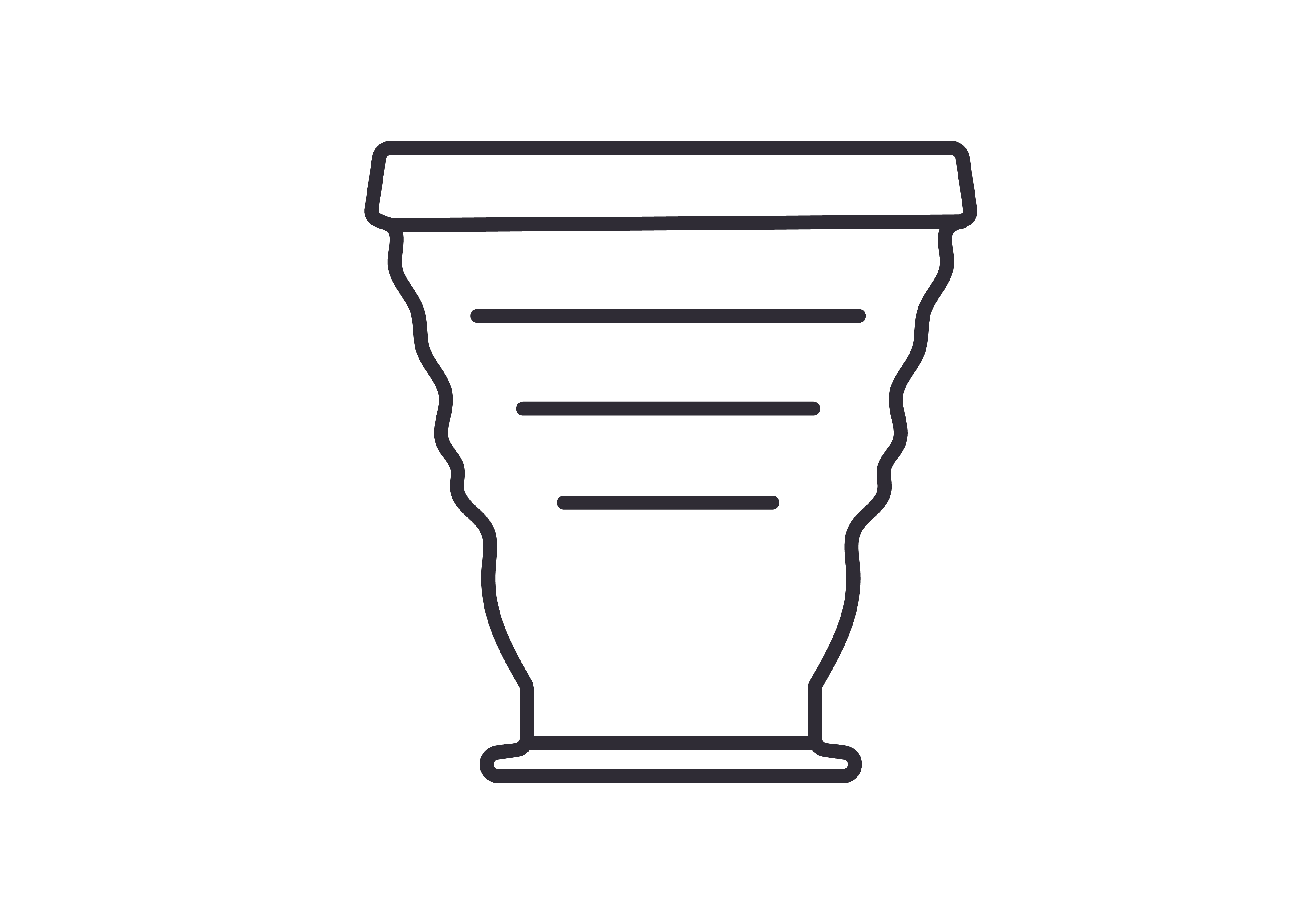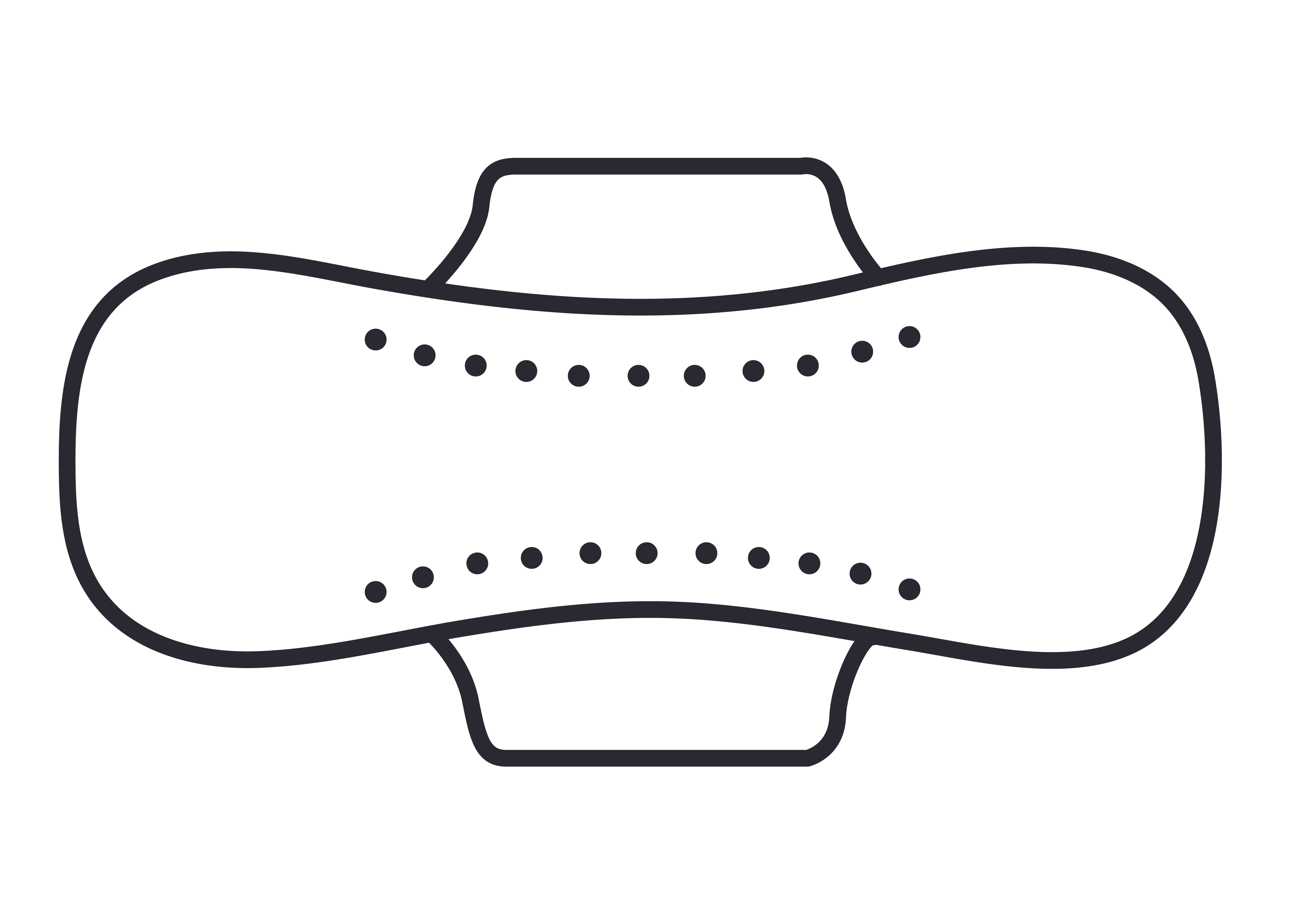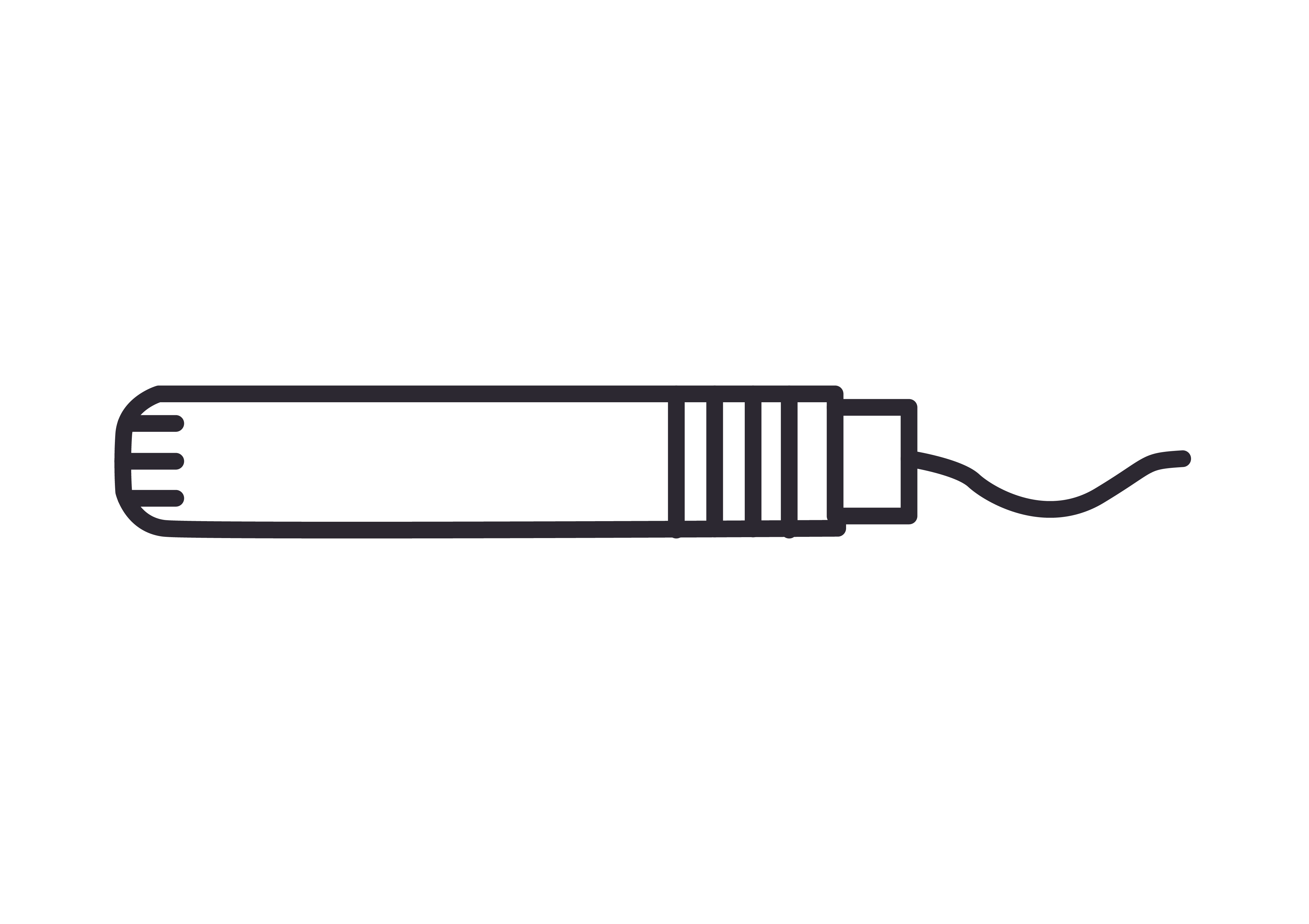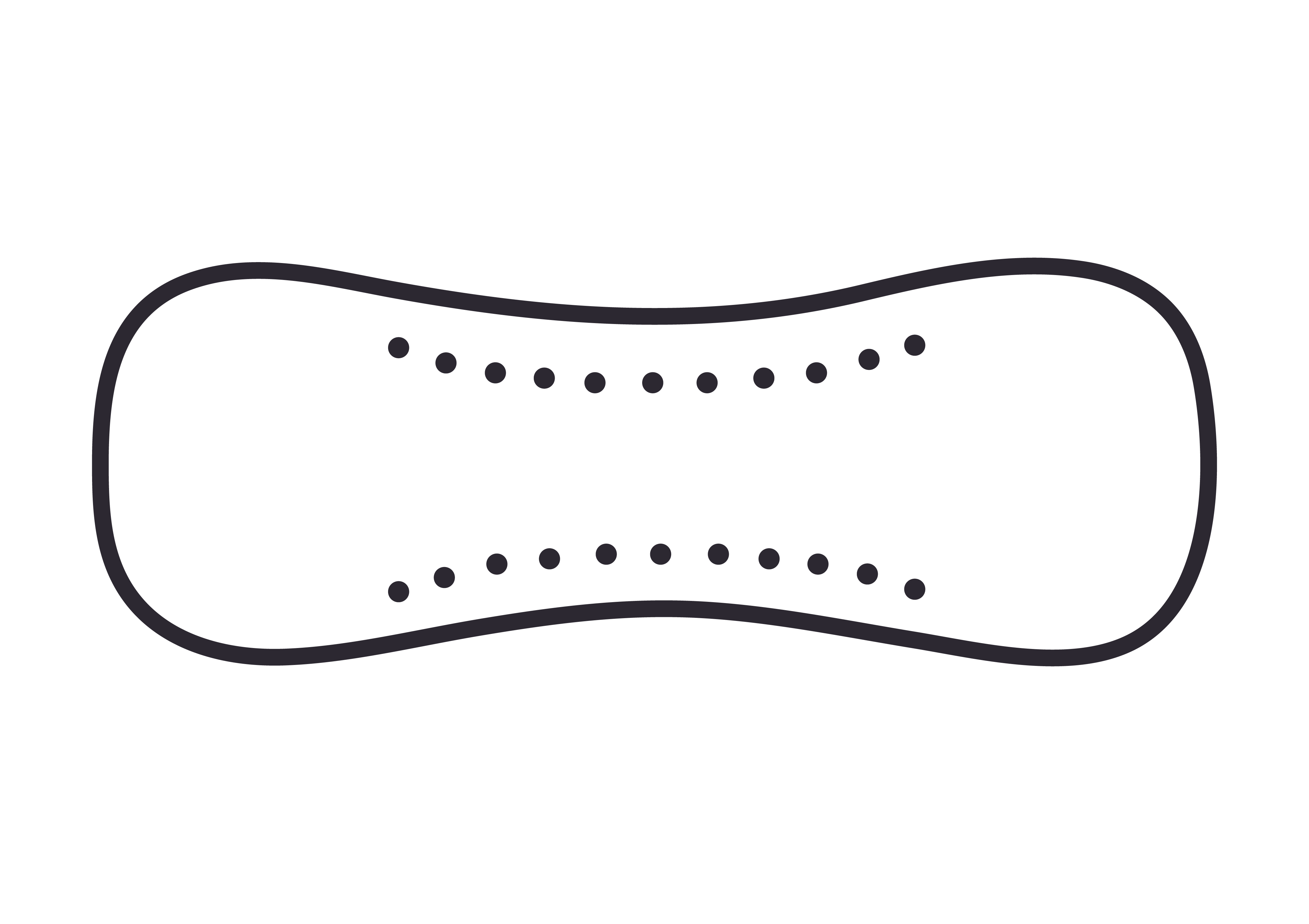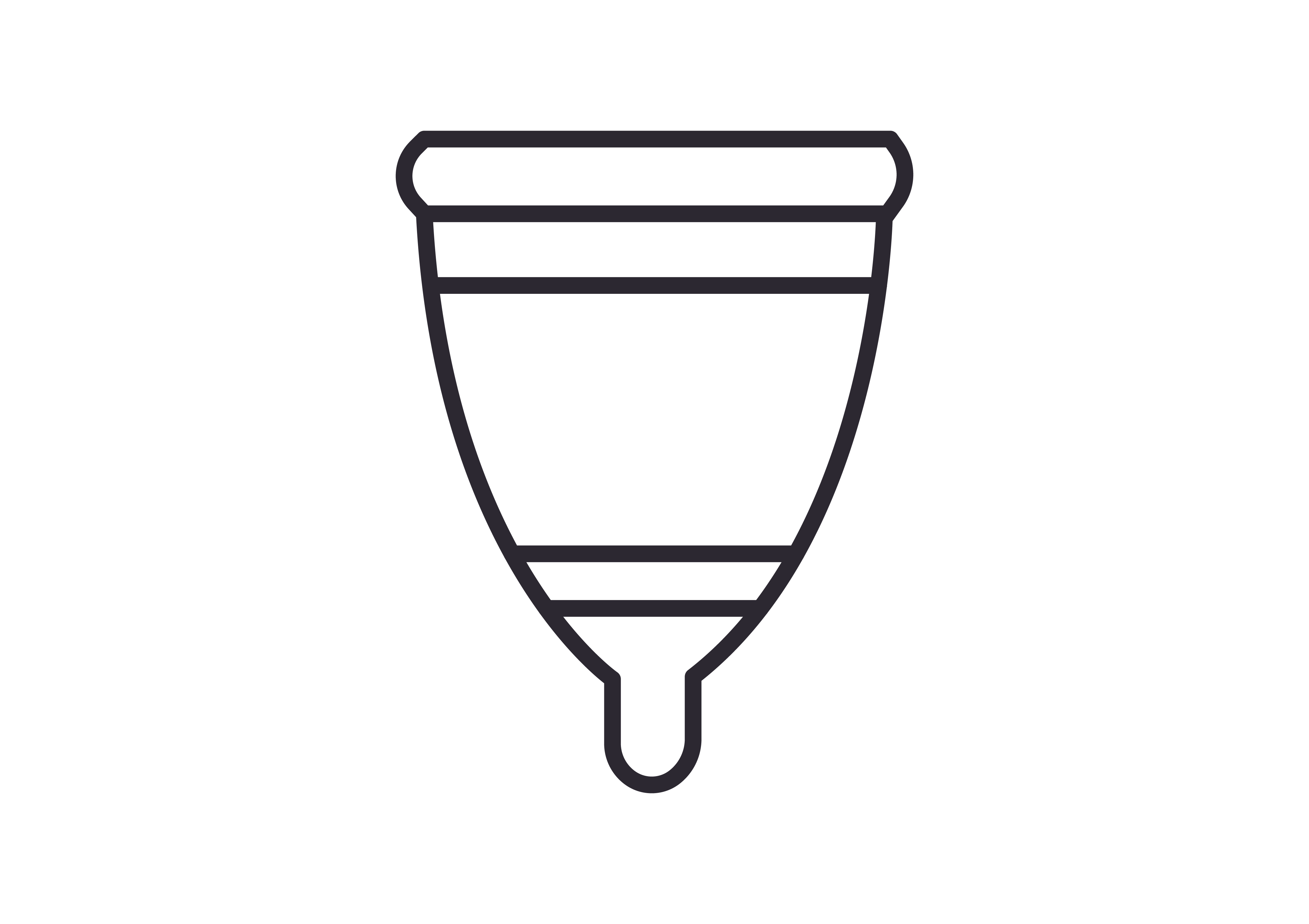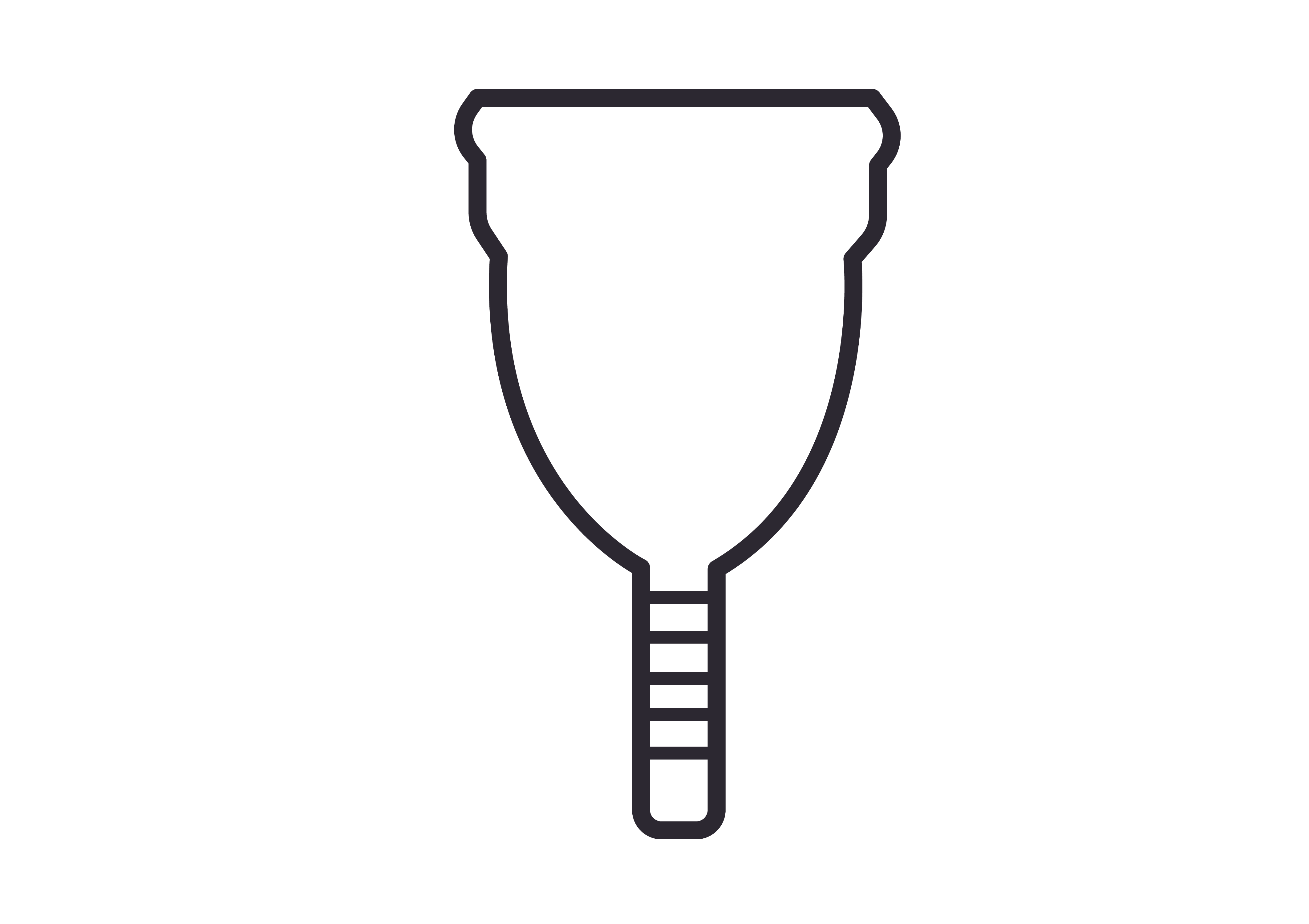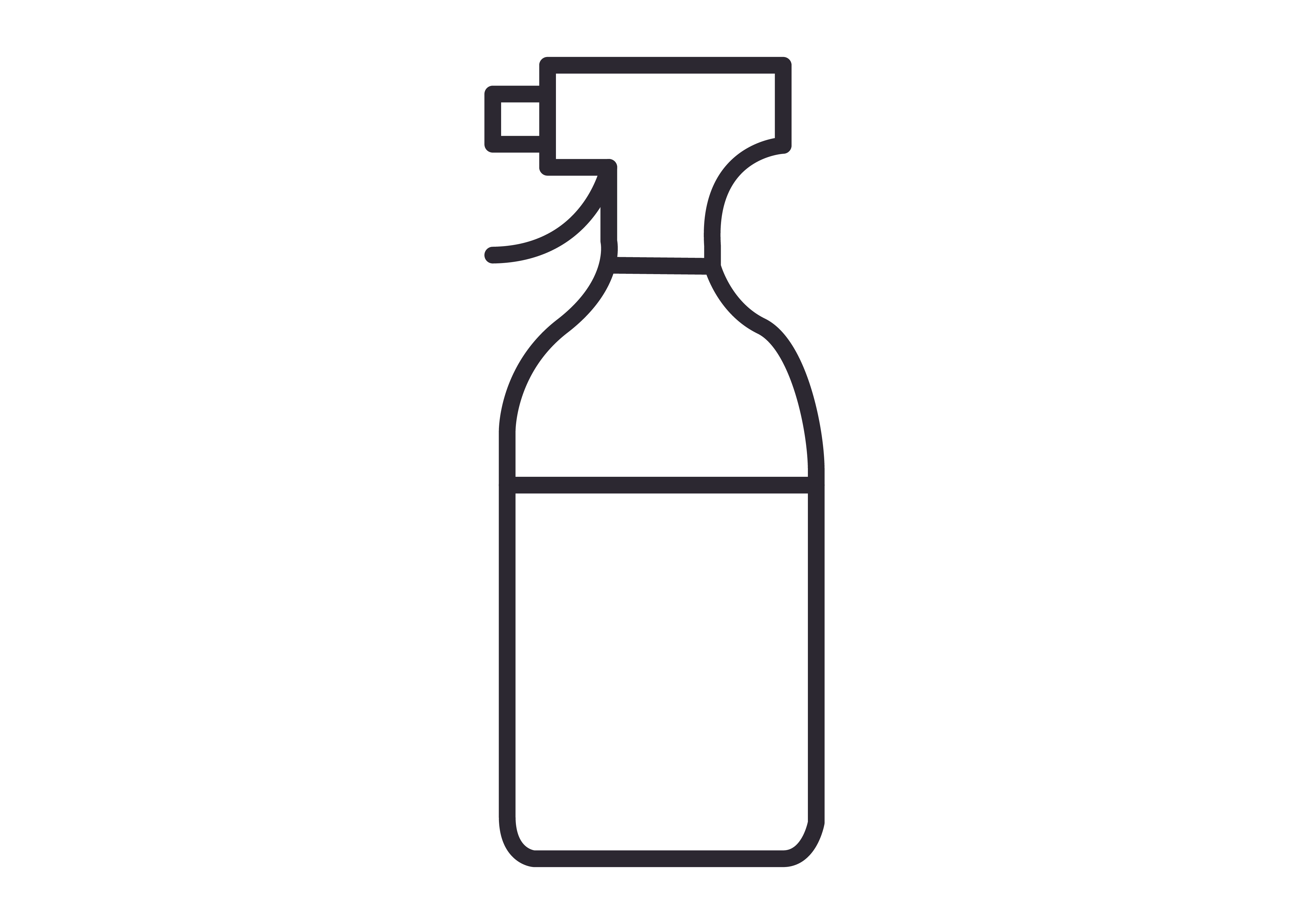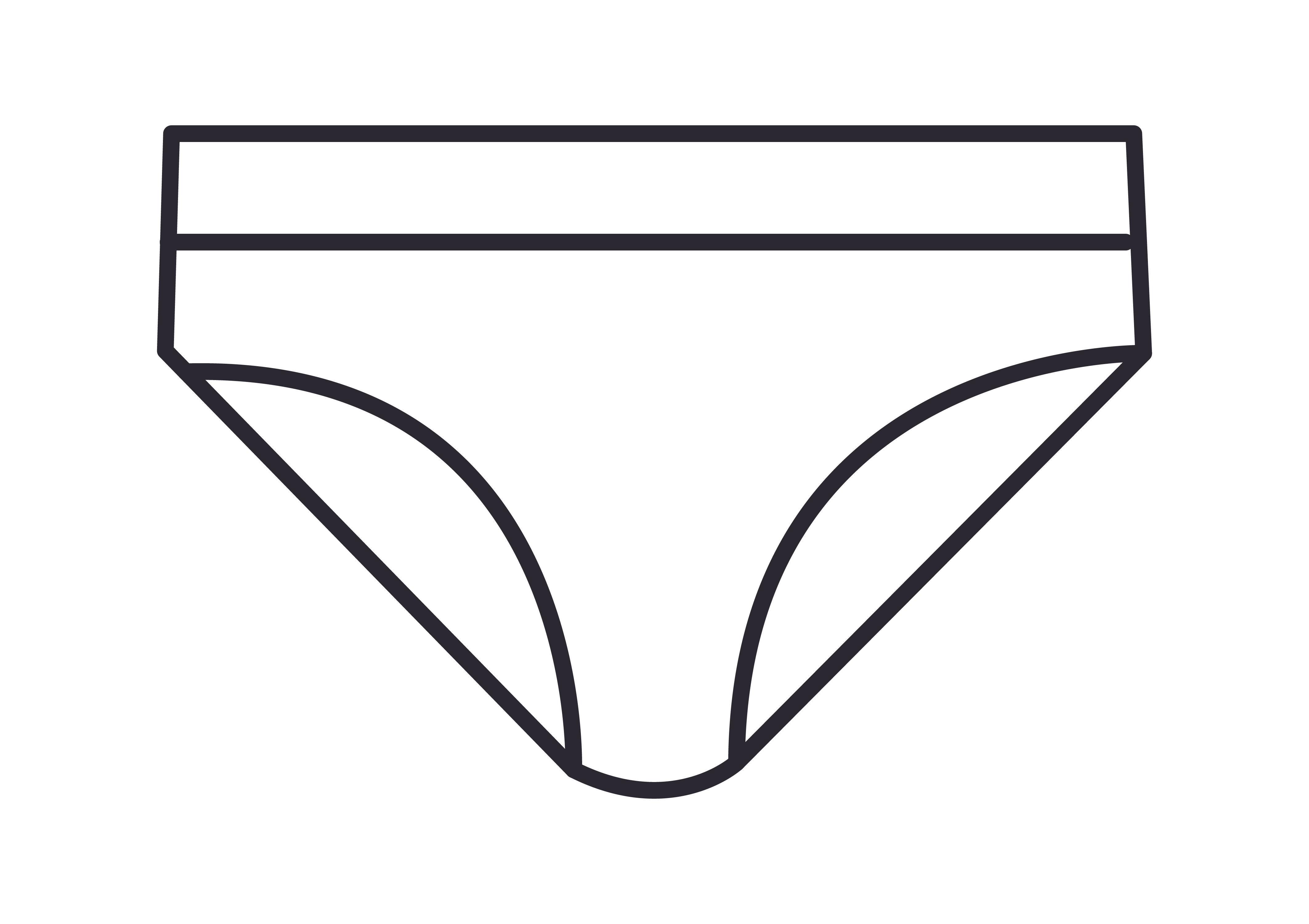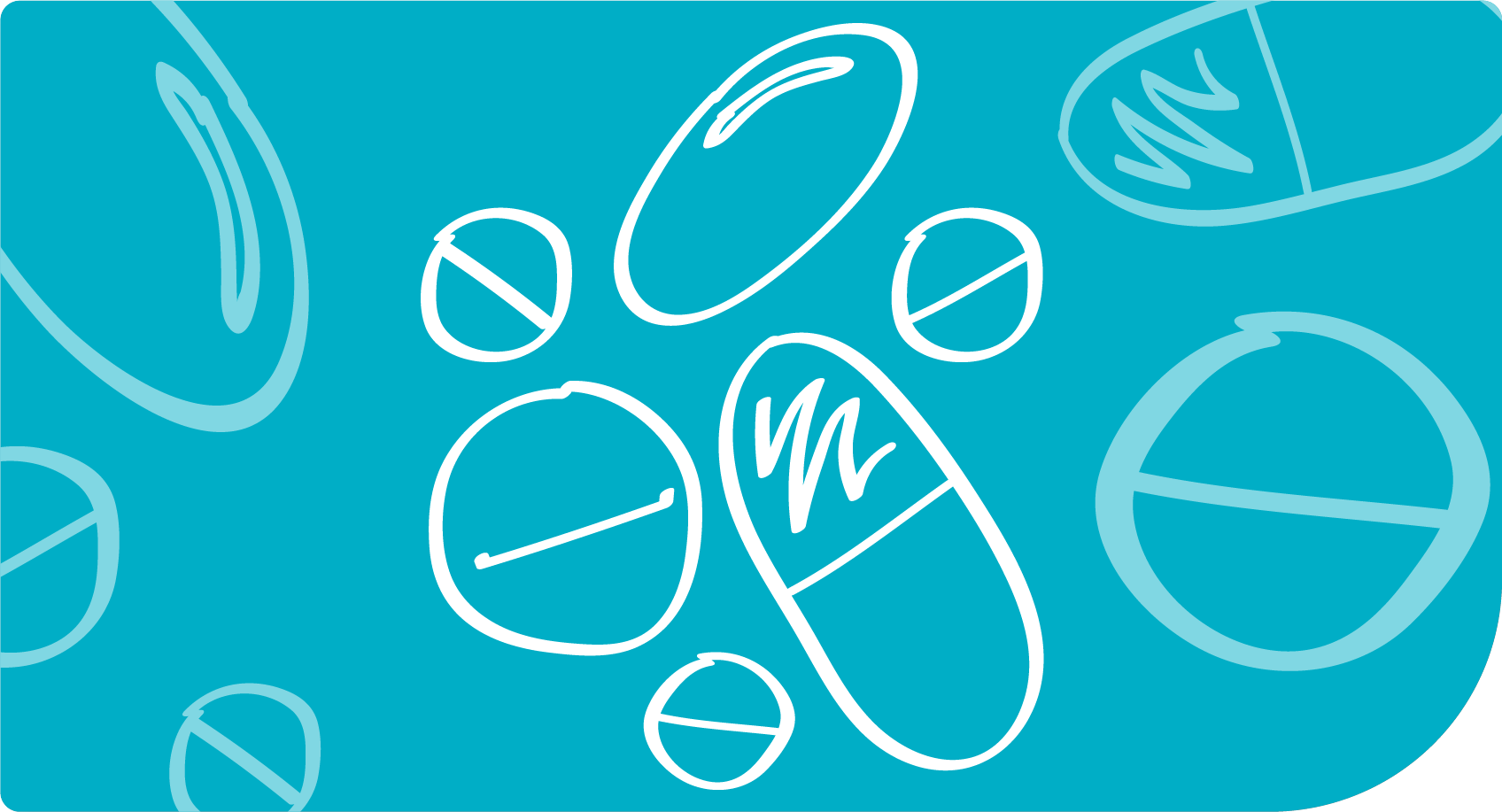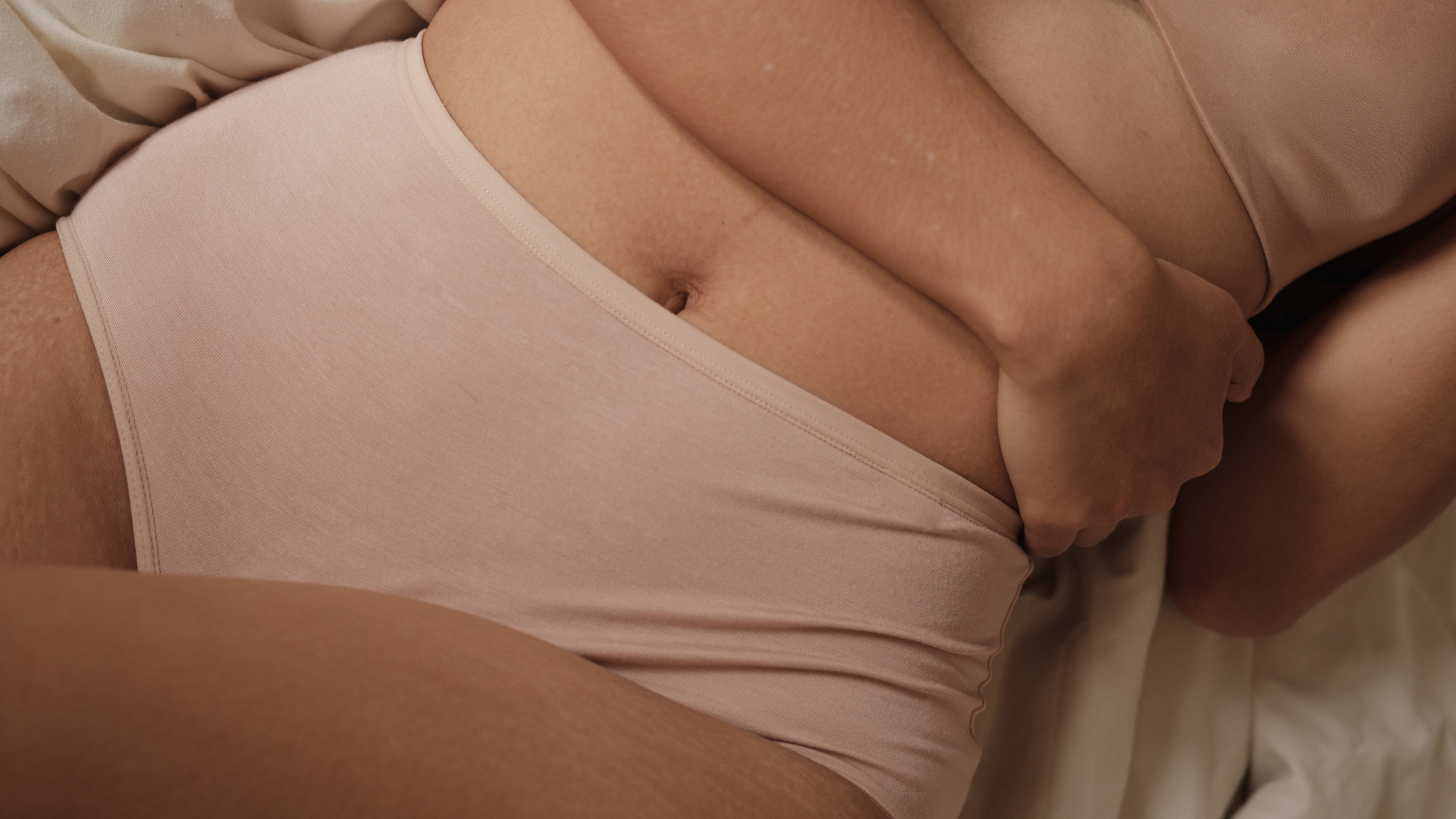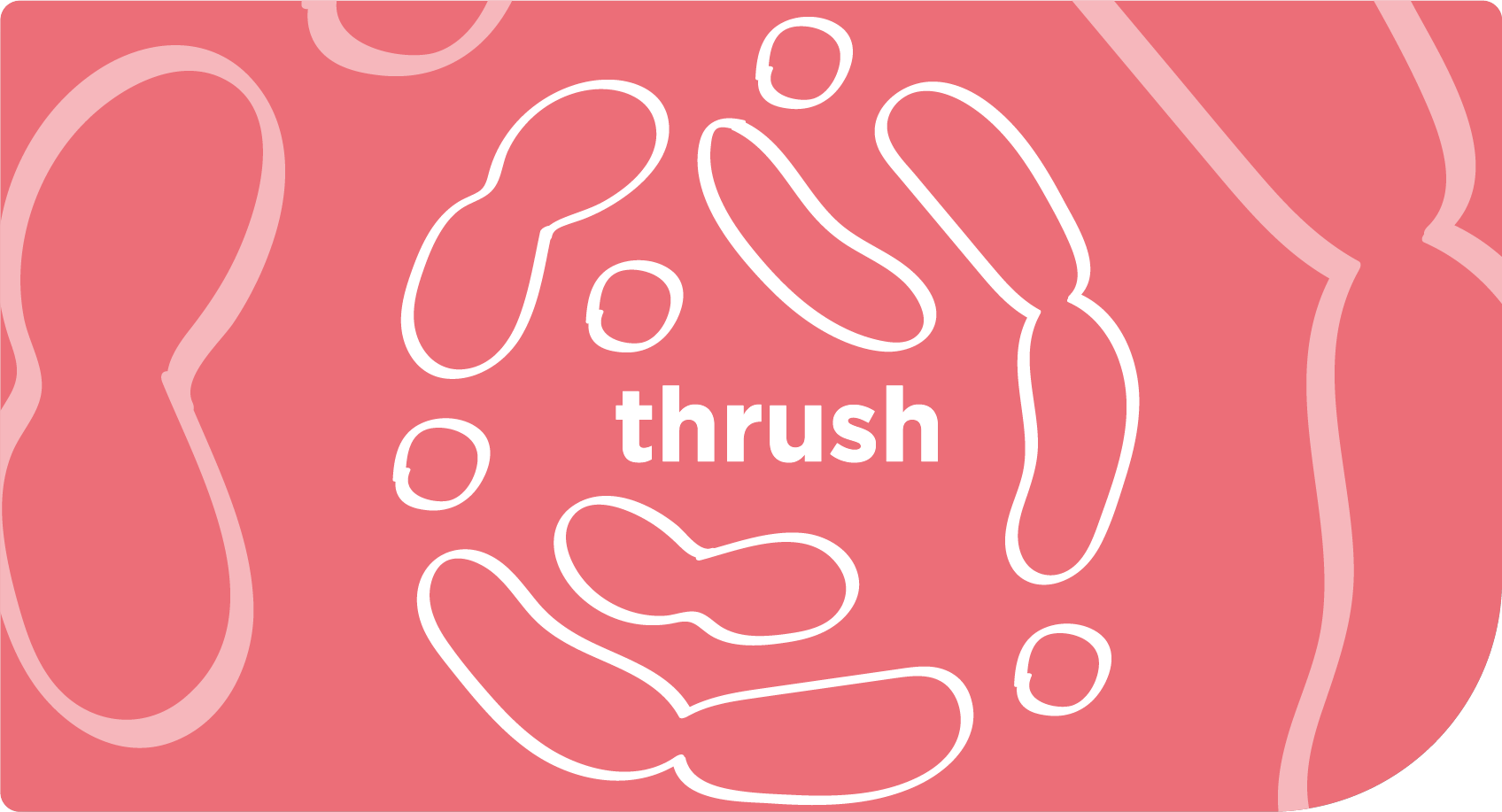Breaking Bamboo: Sustainable Saviour or Greenwashing Gambit?
We need to talk about bamboo. Often labelled as the “saviour” eco-crop, bamboo can be found as a “sustainable” alternative in a range of products, from t-shirts & toothbrushes to tableware & towels. It’s the darling material for “planet-friendly” clothing, homeware & health brands and can be a very contentious subject for conscious consumers. And of course, a panda’s favourite snack.
Is Bamboo a ‘Saviour’ Plant?
Celebrated as a “super plant”, bamboo is the fastest-growing woody plant in the world and can grow an impressive four feet in one day. So, when it’s harvested it regenerates at superspeed - Superman, eat your heart out! It also absorbs five times more carbon dioxide and produces 35% more oxygen than a similar group of trees.
After reading all these benefits, you can get why it’s lauded as the “world’s most sustainable material”, however there’s more to bamboo material than its origins. From harvesting the raw bamboo to processing and then producing the final product, it ends up being a lot less natural than you think.
The way we grow bamboo poses a problem. As it’s such a popular material to work with, large areas of land are being cleared to plant bamboo to create a ‘monoculture’, this means that all other plant varieties are removed which causes existing ecosystems to decrease in biodiversity and displace existing wildlife who rely on diversity for food & habitats. This is similar to other monocultures causing problems, like avocados in South America or almonds in California.
You’ll often find bamboo in a range of synthetic materials like rayon, lyocell, TENCEL or viscose. And this is where it gets less ‘eco-friendly’, for bamboo to be turned into bamboo viscose it goes through an extraction process using harsh chemicals, such as:
- Sodium hydroxide - used to manufacture soaps, explosives & rayon, it’s also used in processing cotton fabric bleaching & laundering. It’s a potentially dangerous substance if you touch, drink or breathe it.
- Sulfuric acid - used in the manufacture of fertilisers, detergents & dyes. It’s a corrosive substance that’s destructive to the skin, eyes, teeth & lungs.
- Carbon disulfide - used to make rubber & cellophane and a known irritant to eye, mucous membranes & skin.
As you can imagine, this is incredibly harmful to the environment and affects everything from the air and local wildlife to nearby ecosystems. Definitely not worth it for an expensive t-shirt! Did you know that GOTS (Global Organic Textile Standards) don’t give certification to bamboo textiles?
What About Bamboo Period Products?
We know that bamboo can be a very sustainable crop, unfortunately the absorbency isn’t adequate for period care. To counter this, manufacturers of ‘bamboo’ pads also use wood pulp to provide the absorbency that natural bamboo fibres lack. Wood pulp can cause allergic reactions and major irritation down under.
As skin can react differently to materials in your period care, we can be often faced with pad rash, a nasty affliction that many have experienced due to friction, excessive moisture or not changing the pad frequently enough. It’s important to seek a doctor’s advice about safe treatments for pad rash, but a cold compress and ensuring the area is clean & dry can help. Many find that changing the brand, size or material of period care can help.

What Can I Use Instead of Bamboo?
Gynaecologists agree that 100% organic cotton pads are more hygienic and absorbent than any other material currently on the market. Our Soil Association certified organic cotton is hypoallergenic, softer and more absorbent than wood pulp (also known as viscose).
Here’s a few reasons why we only use organic cotton in our period care…
Organic Cotton is Healthy
Organic cotton uses no synthetic fertilisers, harmful pesticides or other dangerous chemicals
Organic Cotton is Environmentally-Friendly
As no harmful chemicals are used in any part of the process and as organic cotton is renewable, the soil, the environment, the workers and you are protecting the planet.
Organic Cotton is Naturally Comfortable
The natural fibres are soft to the touch and are wonderfully comfortable without the need for chemical processing.
Organic Cotton Prevents Pad Rashes
We use no additional bleaching or synthetic dyes or perfumes in our organic cotton range, so there’s zero chance of irritation if you have sensitive skin.
Plus, Our Organic Cotton is Totally Chlorine Free (TCF)
We use an oxygen bleaching process from hydrogen peroxide, which releases no toxins into the environment. Many “mainstream” period care brands use chlorine bleaching during their manufacturing process, this creates a byproduct named dioxin, a known carcinogen which leaves detectable residuals in any product bleached with chlorine. This poses serious problems for the environment & our health as dioxin settles in the fat cells of humans and wildlife and builds up cumulatively over time.

Avoid the nasty chemicals & BV and make the swap & shop our organic cotton pads, liners & tampons now.
